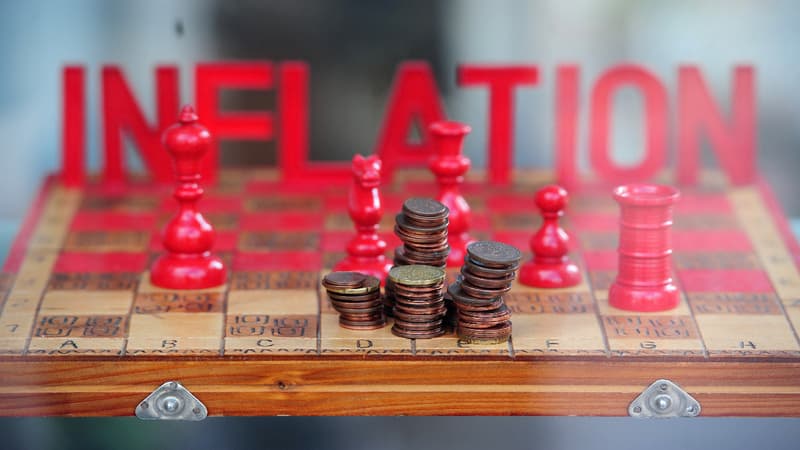Inflation fell again in France in September. A fall that was not expected. The consensus of economists was counting only on stabilization. And this decrease is largely due to the evolution of energy prices. Over a month, the INSEE notes a drop of almost 3%. And for a year, the increase fell back below 18%. This is obviously linked to fuel rebates, that of the State which has temporarily increased to 30 cents per liter, but also that of TotalEnergies (-20 cents/litre).
With this new drop in inflation, France is reinforced as the country with the best resistance to rising prices in Europe. In harmonized data (IPCA), the twelve-month price increase in France was 6.2% in September, while the European average reached 10%. And the gap with certain countries, including our closest neighbors, is becoming spectacular, as shown on the map below.
How do you explain such differences? France benefits from its budgetary policy aimed at moderating the increase in energy prices for households (tariff protection, fuel discounts). An early voluntarism that increasingly inspires other European countries, such as the German government that is now ready to mobilize an additional 200 billion euros in the coming months to limit gas and electricity prices.
Belgium trapped by the indexation of wages to inflation
The comparison with the situation in the Benelux is, from this point of view, very illuminating. In Belgium, salaries are indexed to inflation. It is the only country with Luxembourg that has preserved this principle, which France ceased to apply in 1983. And this specificity means that the public authorities are financially involved very little in the fight against the rise in the price of electricity.
But by leaving companies to absorb this inflationary shock almost single-handedly, the Belgian government faces a huge risk: the cycle of prices and wages, this infernal spiral that every central banker fears above all else. The numbers speak for themselves. And, with those of September, the alarm signal sounds clearly. Inflation has just risen to 12% (HICP data), a level not seen since 1975.
In the Netherlands, inflation at its highest level since… 1945
The Dutch situation is of a different nature. A nation with a very liberal tradition, governed by parties strongly attached to budgetary discipline, the Netherlands, until recently, considered it inappropriate to mobilize vast amounts of public money to fight rising oil and energy prices. Except that in September, inflation reached a level the Dutch had not seen since 1945: +17.1% (IPCA data).
Hence the very recent decision of the ruling coalition. The Dutch state will intervene financially to impose a maximum price on energy providers. Expected cost of 6 to 10 billion euros, or almost 1% of the country’s GDP. Enough to lower the pressure of this fall.
Source: BFM TV


